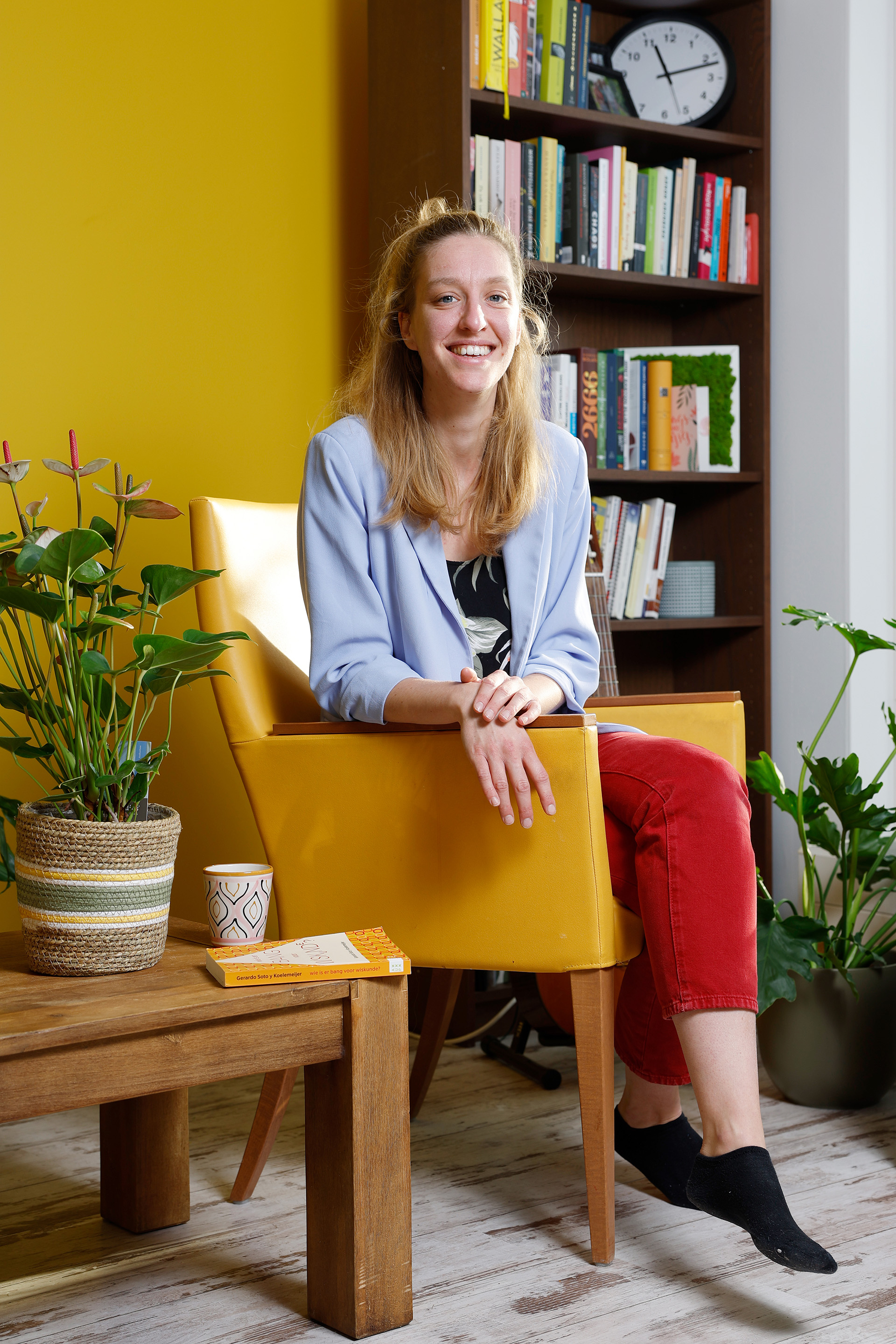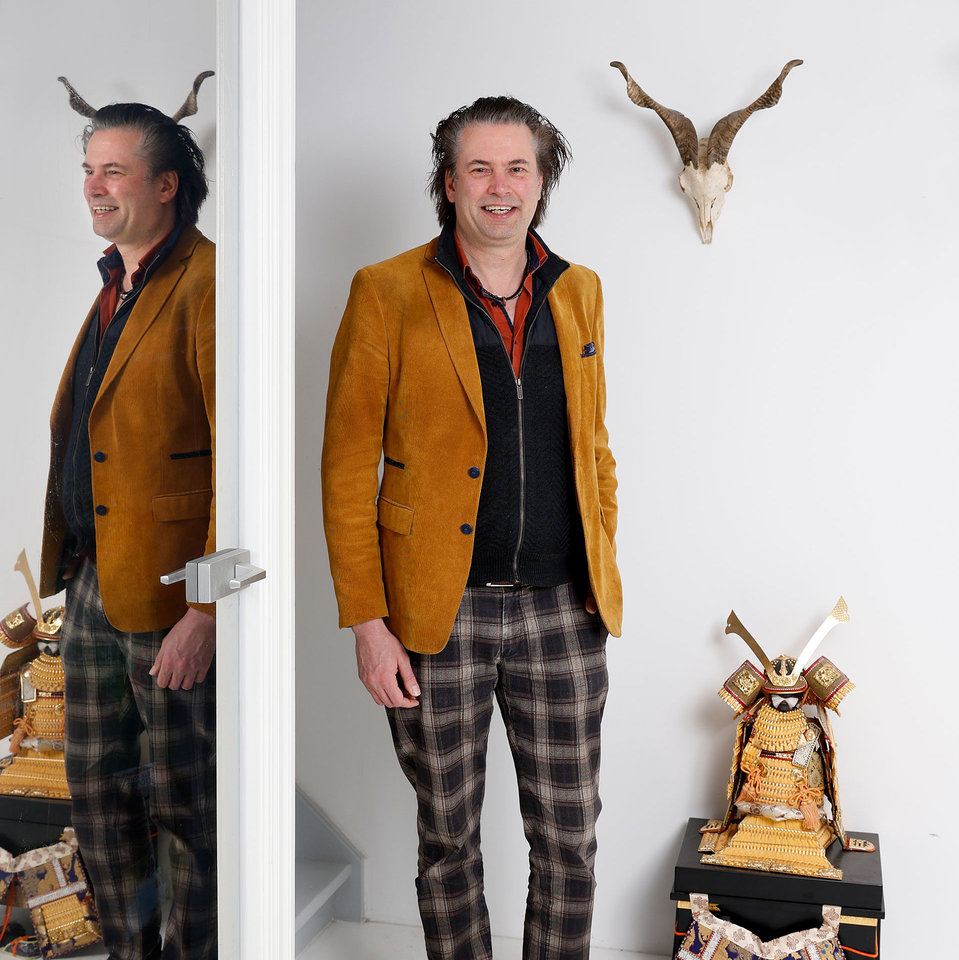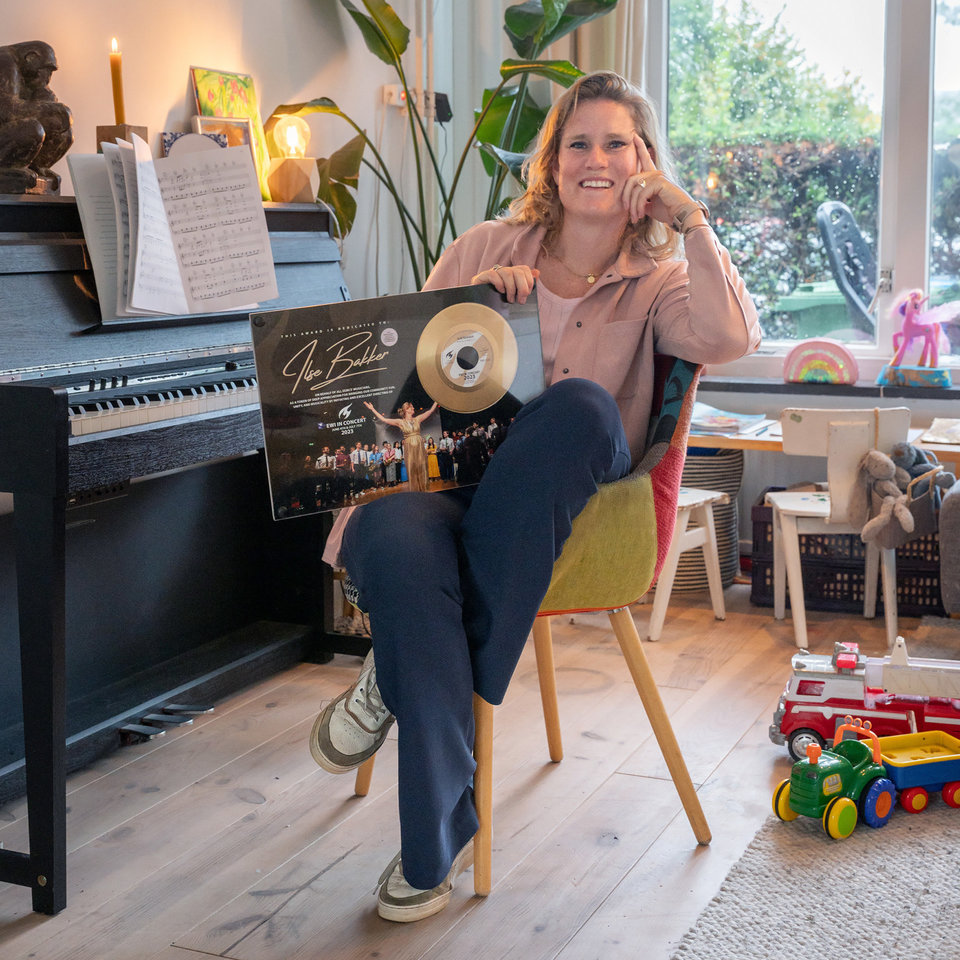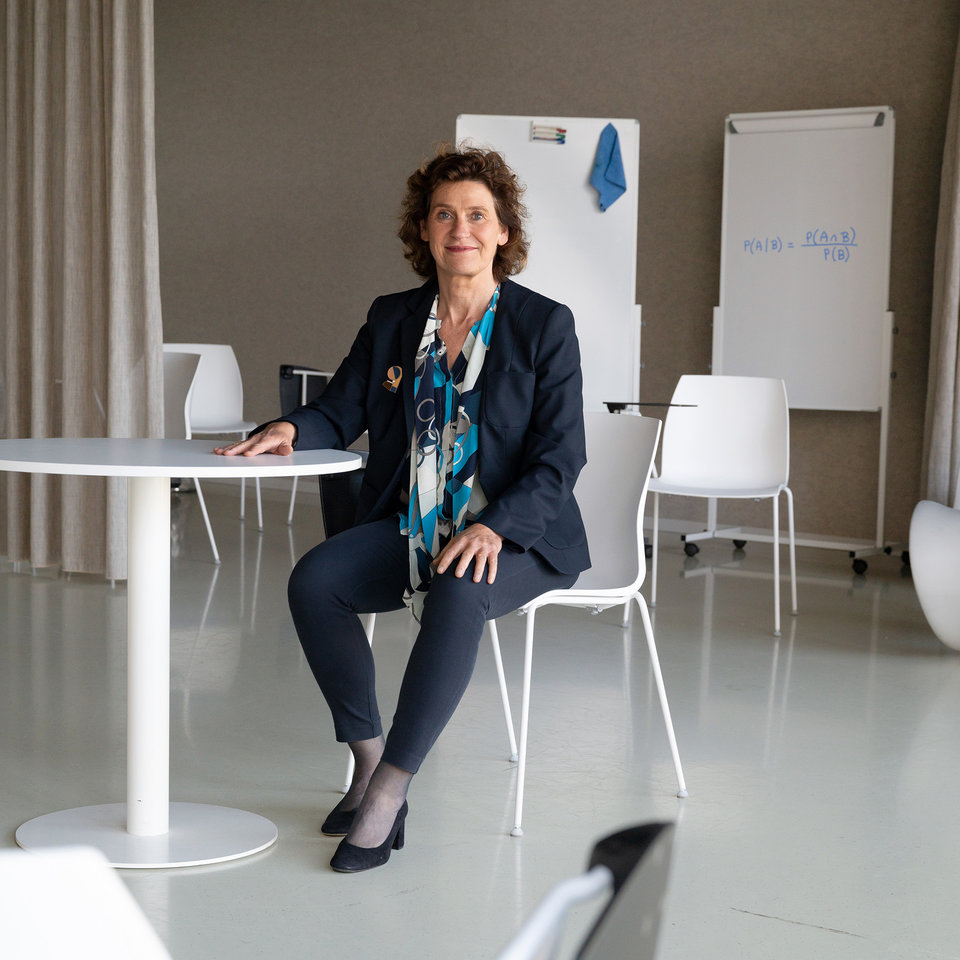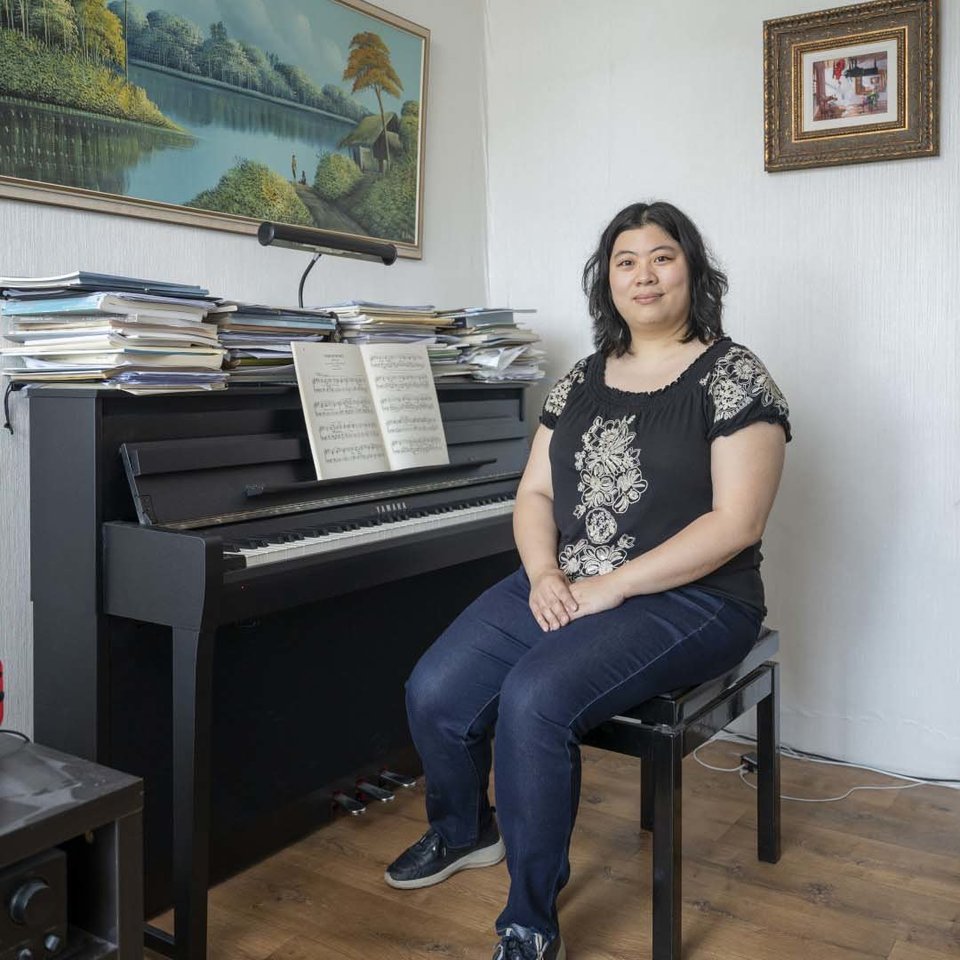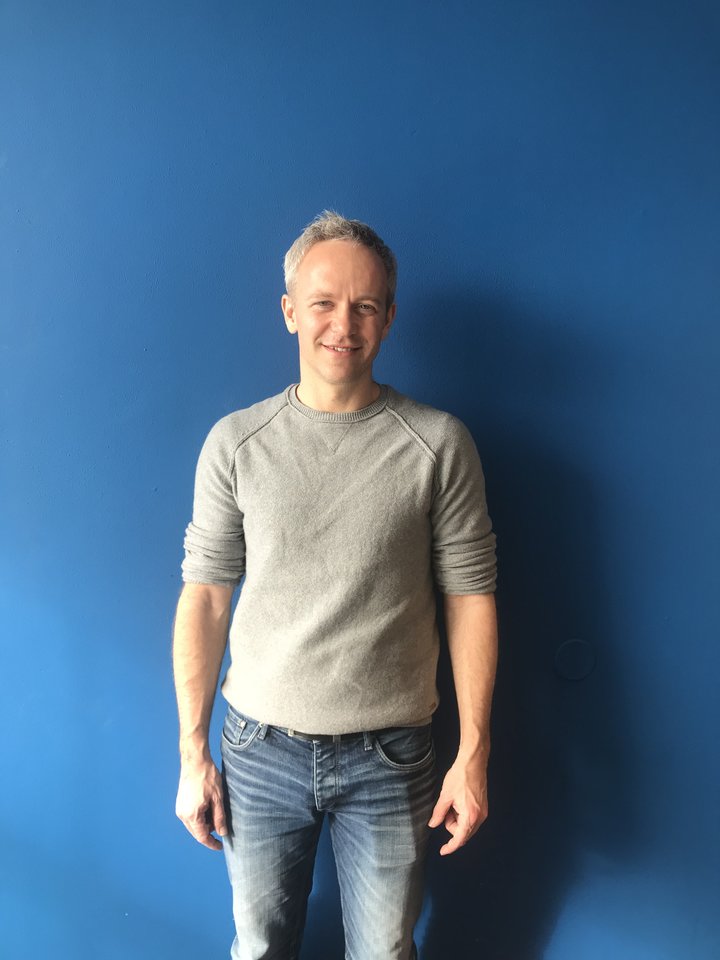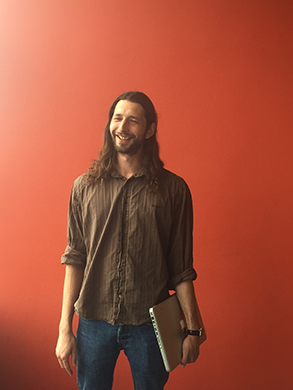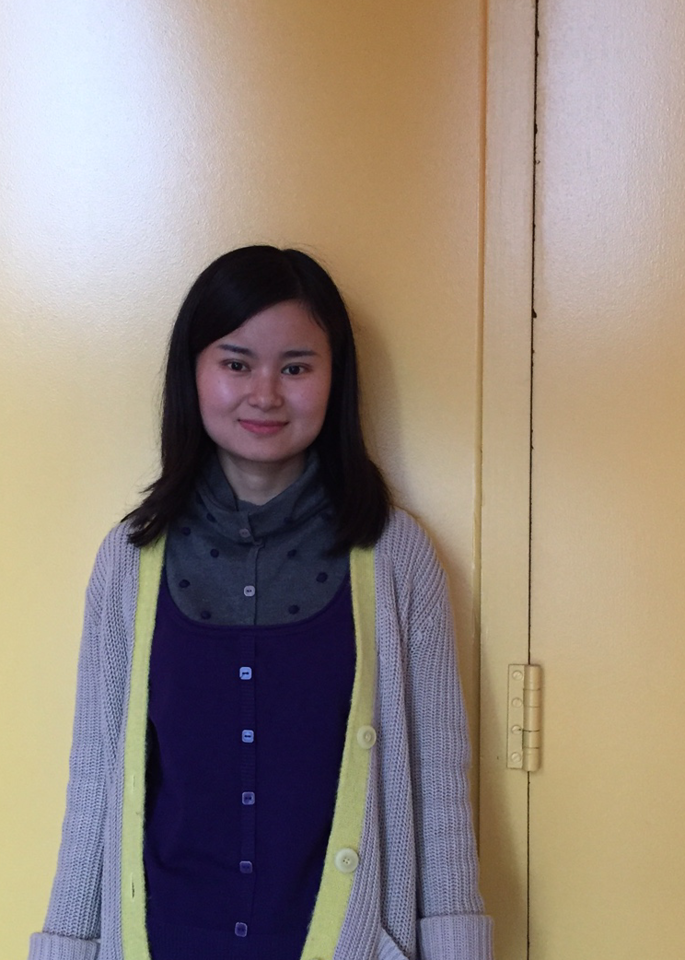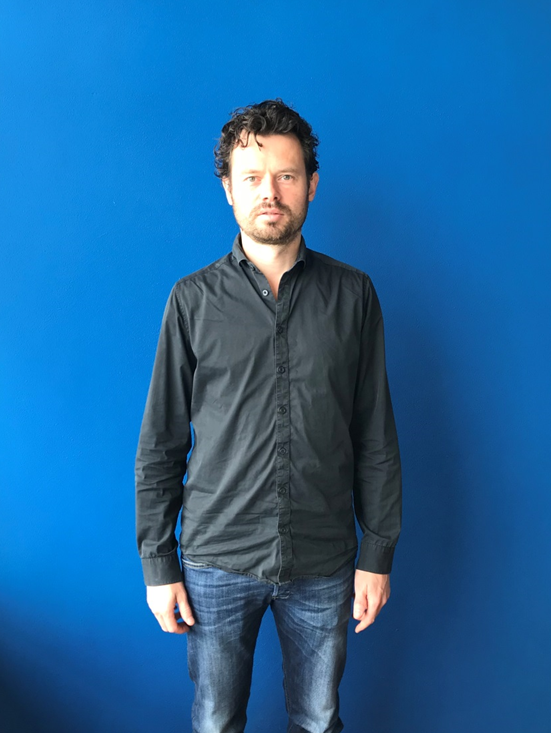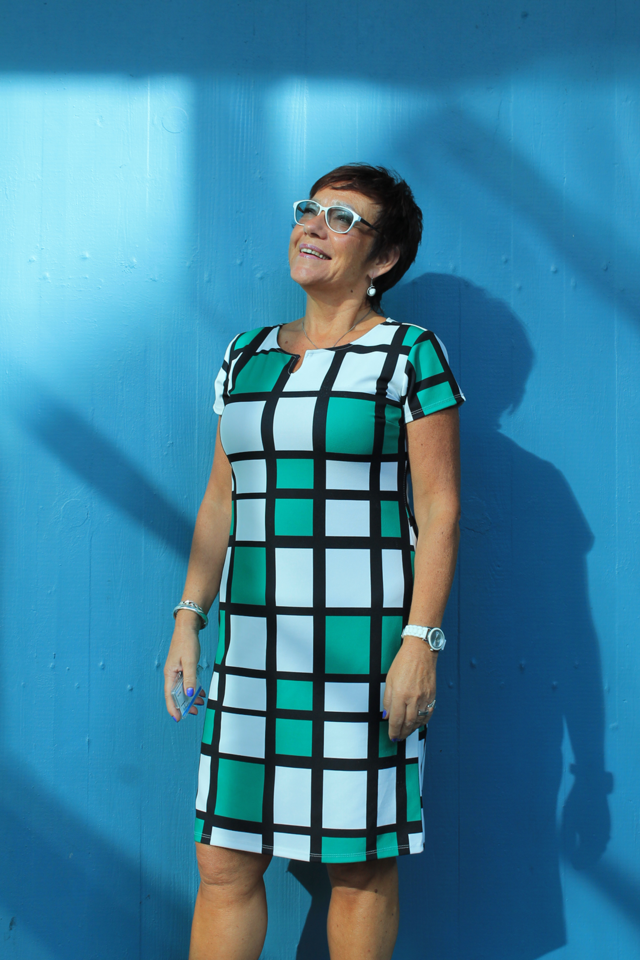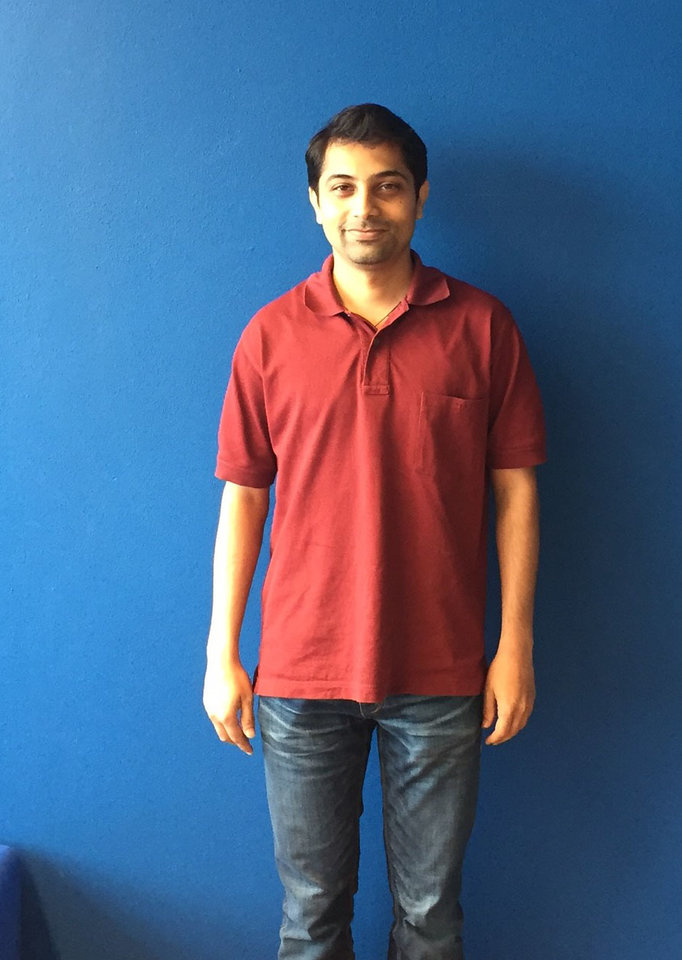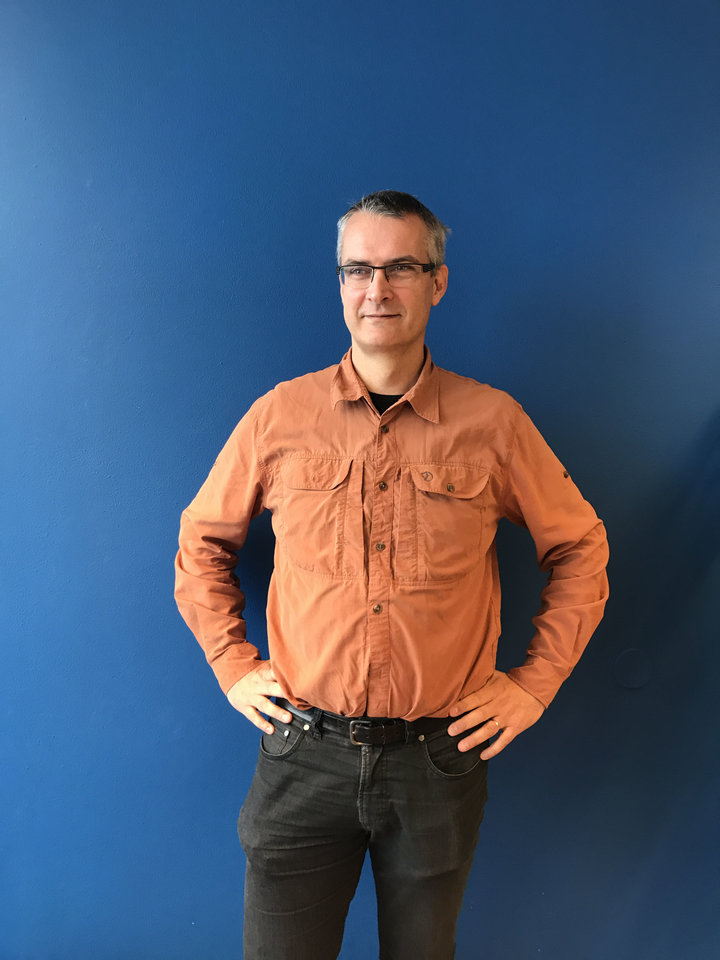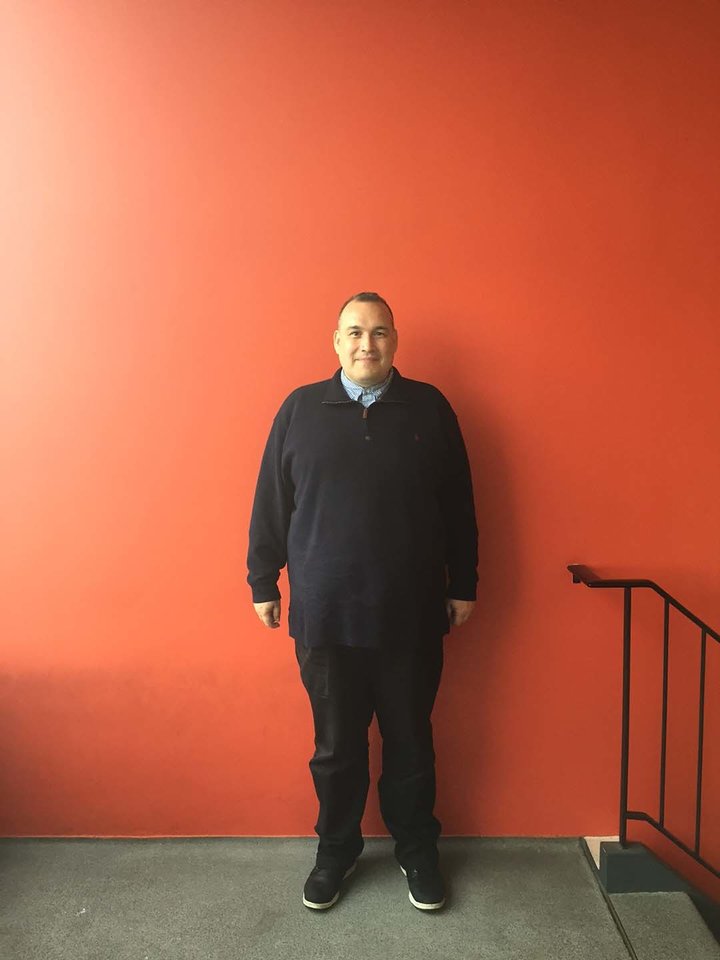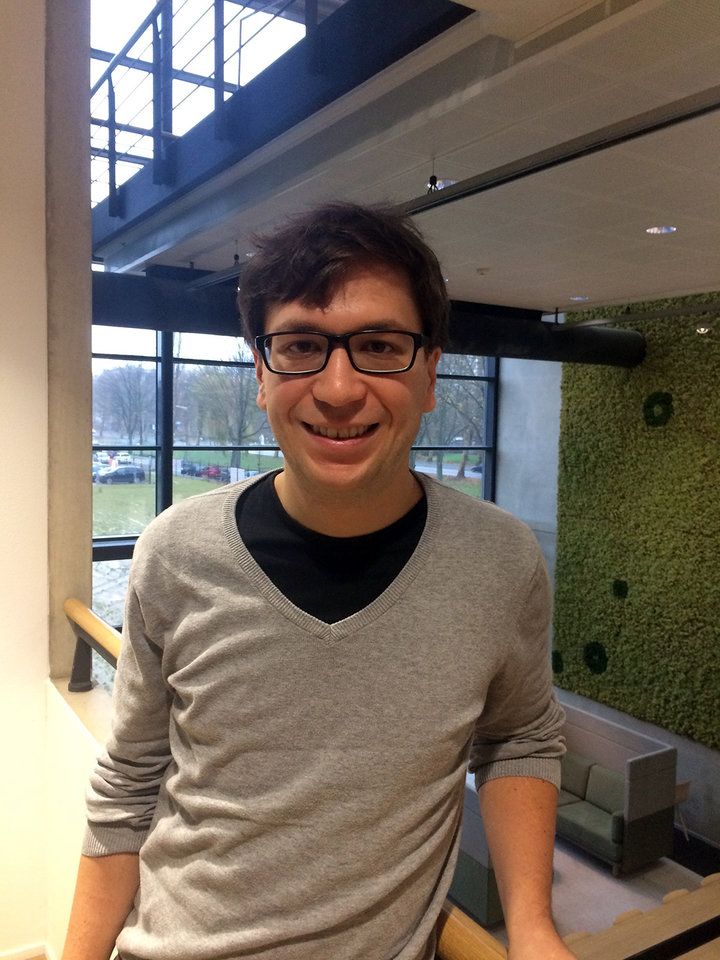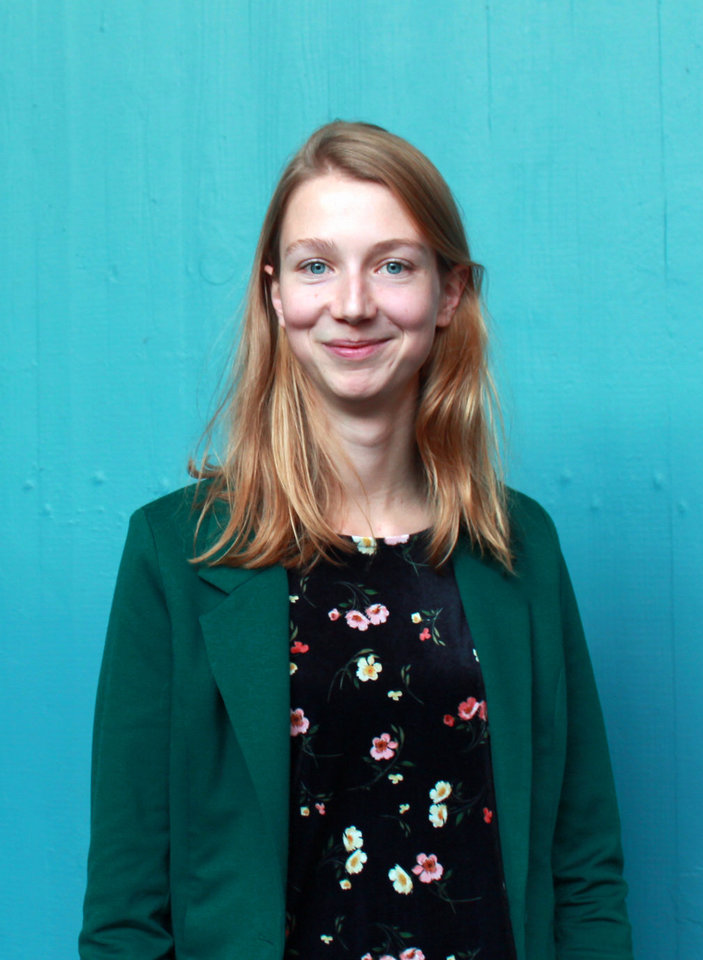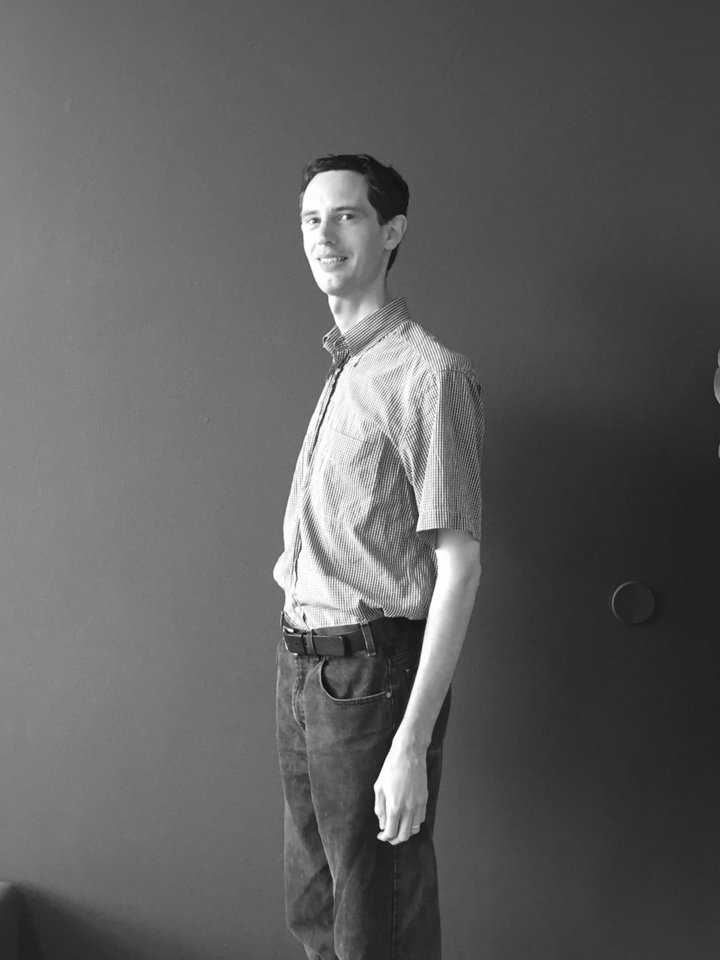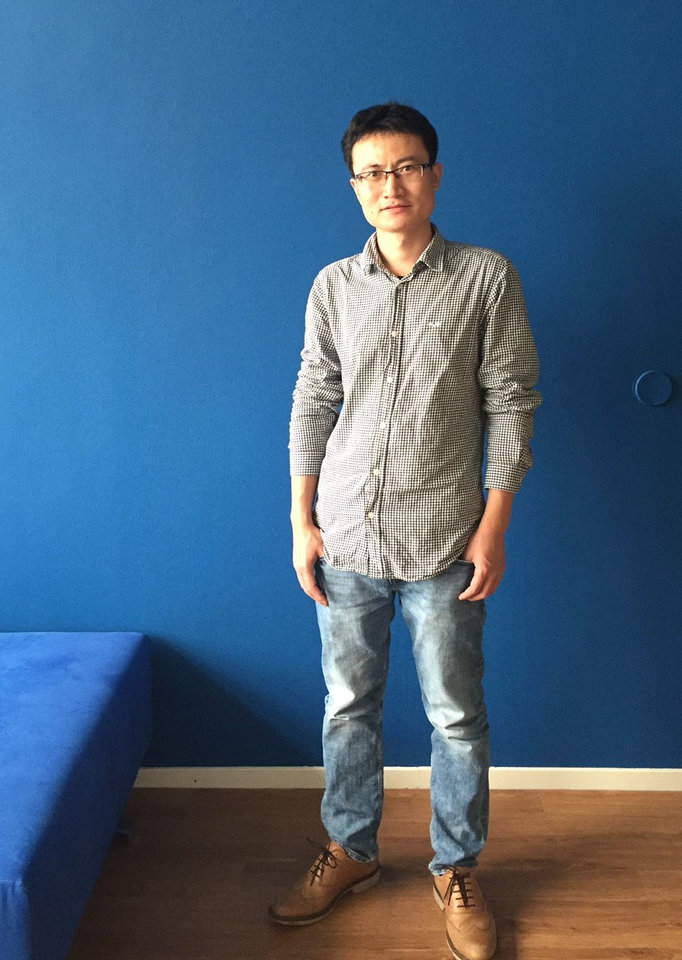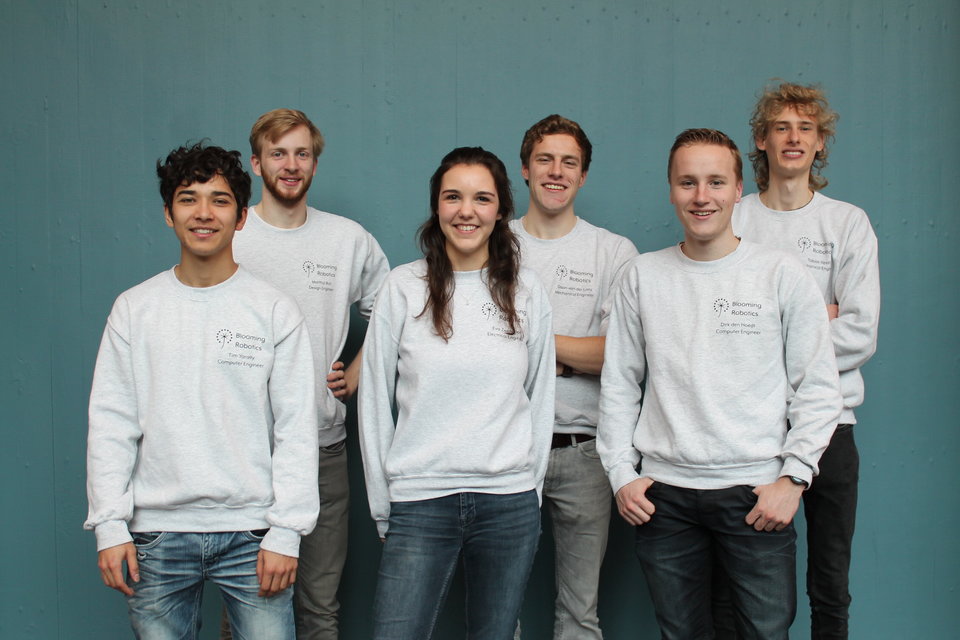Dominique van den Bosch
PhD student at TU Delft and mathematics teacher at Picasso Lyceum Zoetermeer
Wherever education is provided, it is important to keep innovating this education. Students and their interests and passions are constantly changing, and we have to continue to evolve with them. That is why we give the floor to Humans of EEMCS who are actively working to improve our education.
"I worry immensely about the mathematical anxiety students in my class experience. Ever since I started teaching, and that was many years ago, I have seen a lot of students react anxiously to a mathematical explanation or while doing an assignment. When it comes to a test, you can imagine that a lot of stress arises, but I also see students completely shutting down at very small things. It saddens me to see that some students get emotional even while doing a homework assignment.
During my master's thesis, I decided to research this maths anxiety further. I interviewed 888 students and this research revealed, for example, that 5% of the students already experienced a certain level of stress when they only heard the word 'maths'. And 10% experienced this when opening their maths book. As a maths teacher, how can I overcome this in my lessons? That is almost an impossible task.
As a result of my thesis, I had even more questions about this problem. That is why I applied for a doctoral grant for teachers from the Dutch Research Council (NWO). The doctoral grant was awarded to me and I started my PhD project in September. Currently, I teach two days a week and conduct research at EEMCS three days a week.
The first part of my PhD project consists of a literary study on the factors involved in the development of maths anxiety, the consequences of maths anxiety and ways to prevent or remedy maths anxiety. One of the things I am researching is the comparison of maths anxiety with other academic anxieties. In my classroom, I have seen examples of students who completely shut down and fail to write anything down in maths, but experience very little stress in other subjects. I want to investigate what differentiates maths from other subjects. Other academic anxieties also exist, like anxiety about language skills. It does seem that the consequences of maths anxiety can be greater. For example, research shows that students who experience maths anxiety perform worse and end up actually avoiding maths. For example, they do not do their homework or choose a curriculum that includes as little maths as possible. As a result, their knowledge gap widens and their performance drops even further. This has major consequences for students, as this ultimately causes them to choose a study programme that contains little mathematics. This is worrisome on many levels.
In my classes, I want students to understand that when they fail one test, it is a snapshot in time and they need to see this as separate from who they are. In addition, I would like to wake up society, teachers and academics and say: please beware, maths anxiety is prevalent in education and it is a big problem. Please educate yourself and be careful about what you - as a teacher - portray to students and how you approach students. This is important for our university and for society. After all, we need students who are enthusiastic about maths and choose a technical field, or even become maths teachers."
